
Many parents worry about whether their children can settle into a new environment when they first come to the nursery. Can they properly express their needs to teachers, make new friends or have the courage to try new things?
These worries will dissipate when they witness the changes their children undergo every day. One day, they may play with a toy train along with their peers. Another day, they can put on their coat and pack their bags with a little help from their teacher.
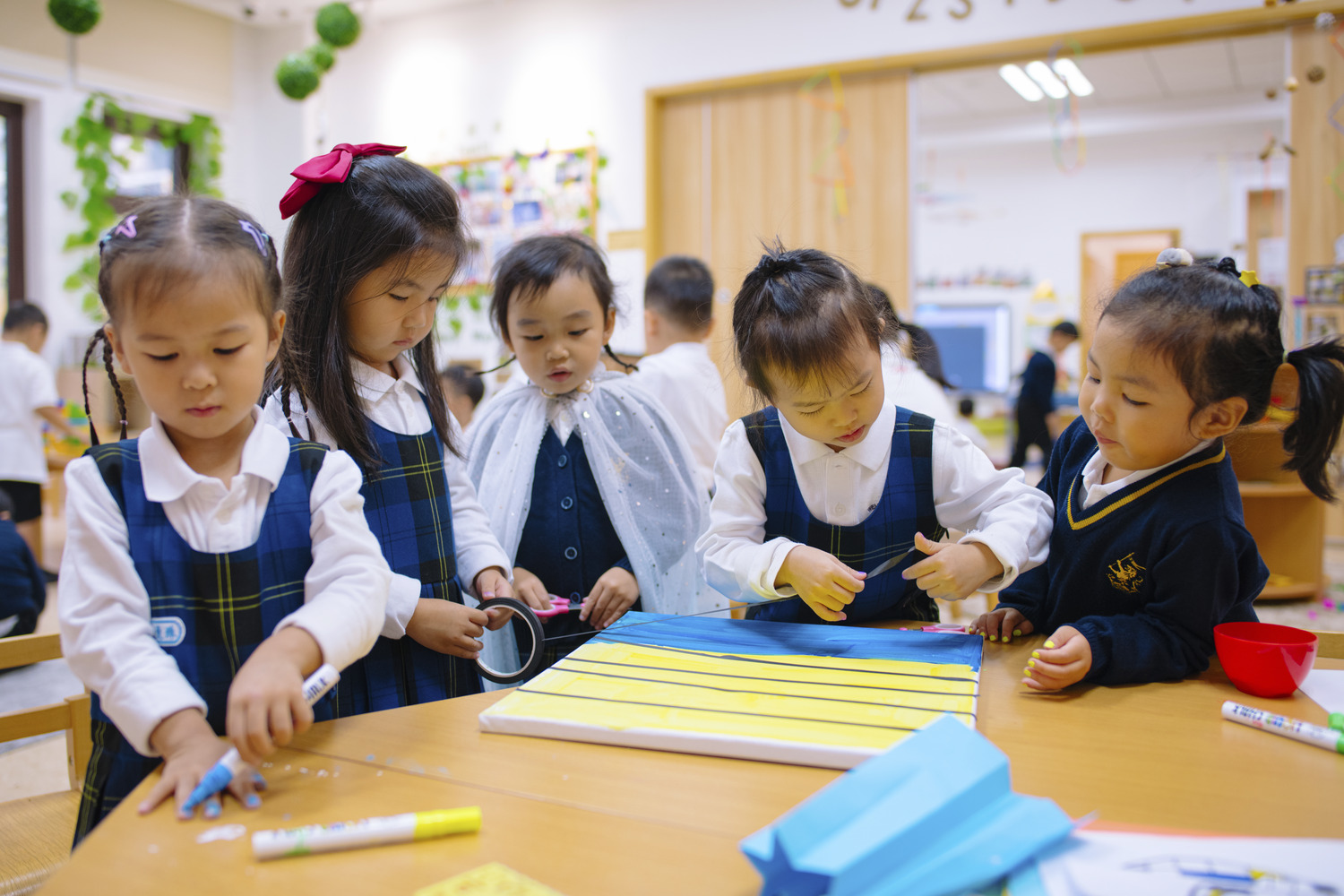
Children grow step by step. They gradually become more independent and confident. They find their interests, become self-aware and learn to communicate. This is the process of a child's personal, social and emotional development (PSED).
Why PSED is important?
PSED is a critical part of our nursery’s teaching framework. It not only needs to be developed in early childhood, but also be continuously improved throughout one's childhood. Moreover, a child's PSED directly affects other areas of development such as language, physical ability, logic and comprehension.
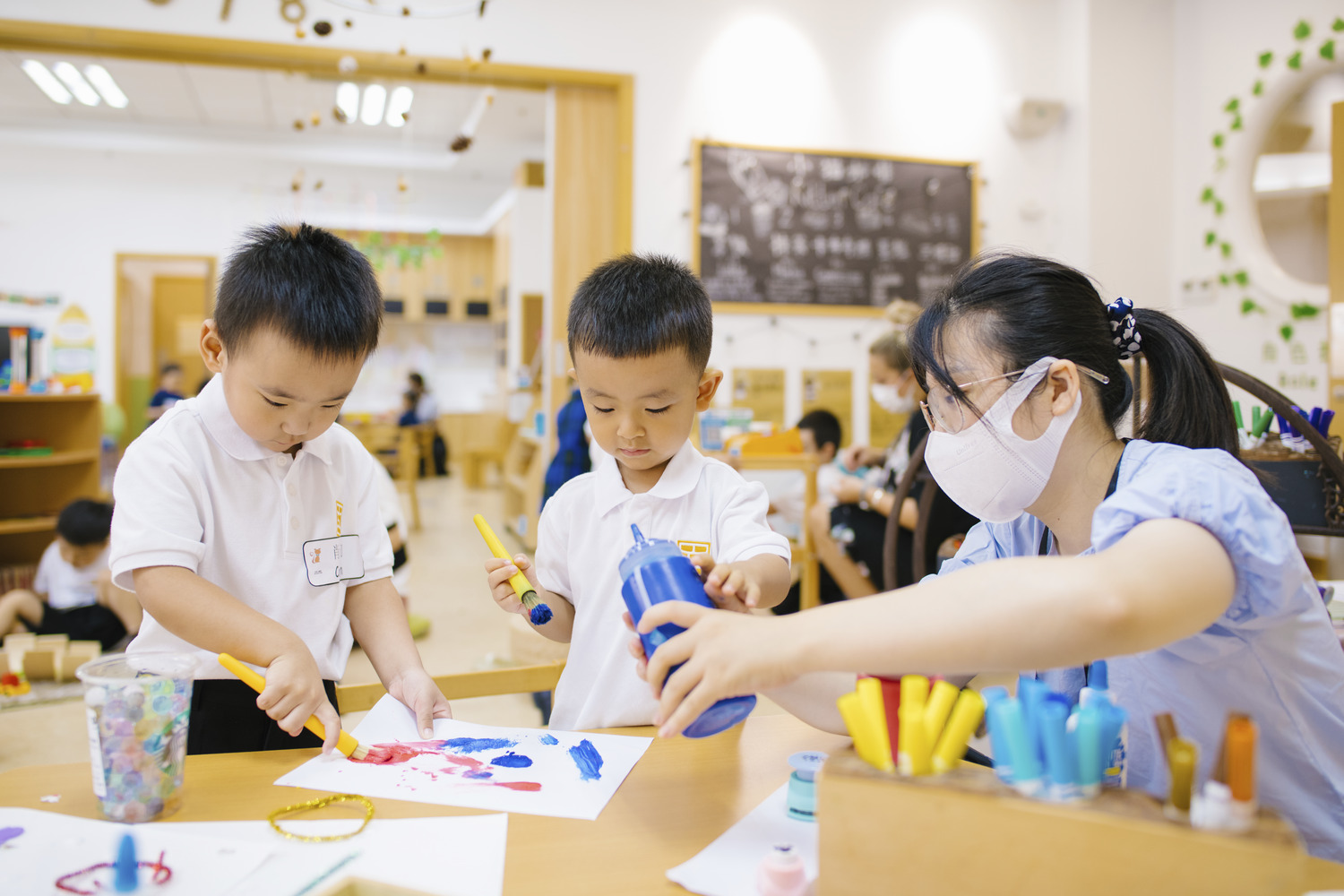
Promoting children's PSEDs is a specialised teaching task and places high demands on teachers. Because PSED is reflected in all aspects of a child's life, it requires experienced teachers who can identify the child's individual characteristics and level of development to better help them grow.
How is PSED applied in EY1?
There are three strands of PSED: making relationships; self-confidence and self-awareness; and managing feelings and behaviours. We set different expectations for pupils’ development when they reach different stages.
As children transition from their home to a group environment, the main focus is overcoming anxiety, building a sense of security, interacting with others and developing a sense of confidence and independence.
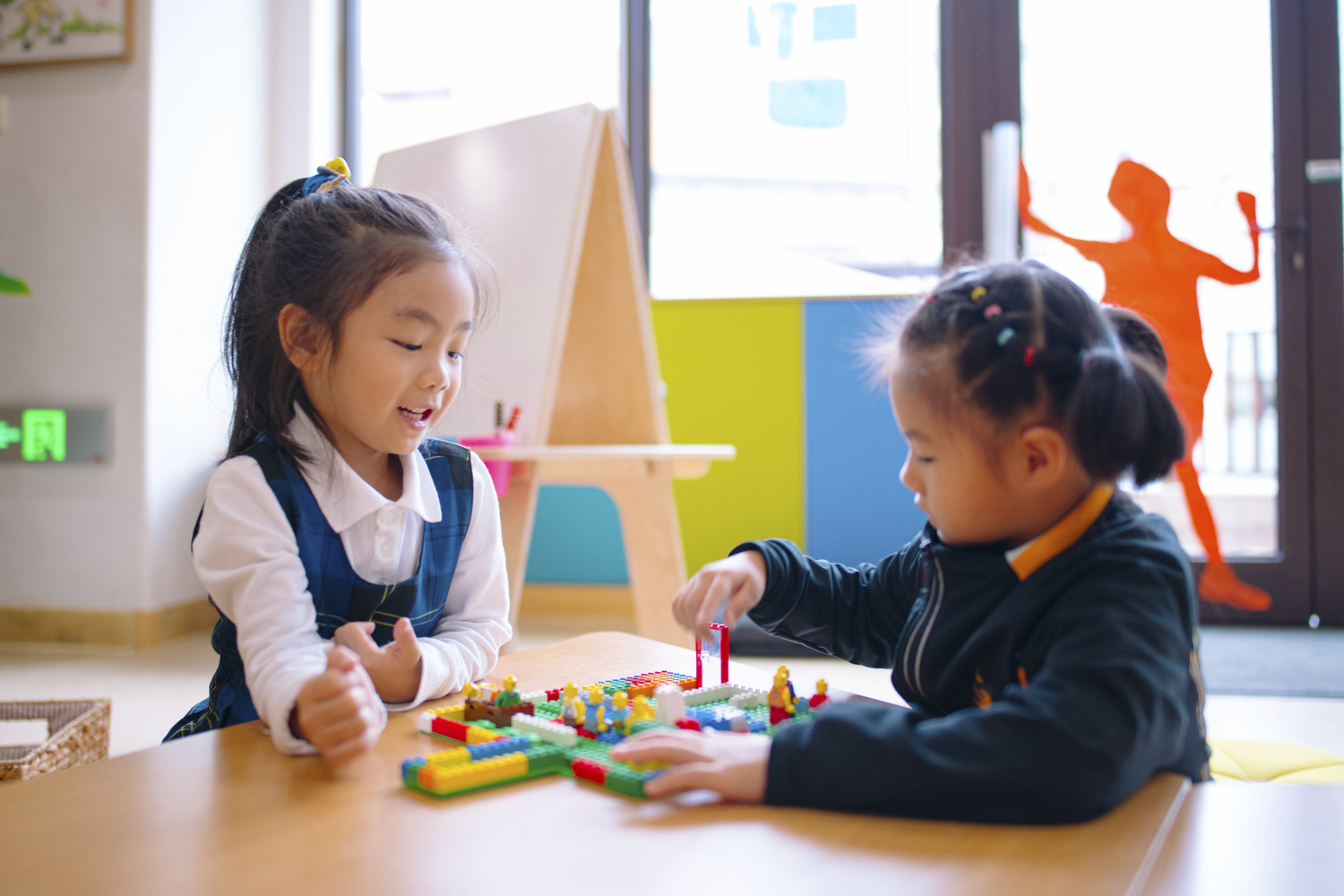
Each child is a unique individual. For children who are less secure, they may need a small familiar personal item to comfort them when entering an unfamiliar environment. The teacher will help them to build up their sense of security while helping them to 'wean' themselves off the comforting objects. They will also use encouraging words and convince them to try new things.
For children who are more adaptable, the teacher will provide more opportunities for them to explore their interests and enrich their language. They will be given more challenging tasks, such as being a little teacher or sharing a storybook with other children.
Teachers will identify pupils' stage of development based on the ongoing observations. They will identify their strengths and areas for development, support them in specific areas and apply flexible strategies in their daily teaching.
Teachers also focus on the integration of the five Huili Values with PSED. For example, In EY1 classes, children are taught to eat independently. They are encouraged to try new vegetables and rewarded with 'courage’ stickers. Through these small, visible actions, children develop intangible and invaluable qualities.
Useful strategies applied at home
Children cannot successfully develop without the joint efforts of the nursery and parent. This is particularly true of PSED because it is so foundational to their lifelong abilities. Here are some strategies that parents can apply at home:
Create opportunities to learn independence
Parents often want to do everything for their two- or three-year-old children. But this is an important transitional stage for them. It is therefore important to encourage independent behaviour and begin treating them as an individual.
This encourages them acquire age-appropriate abilities. When a child gains a degree of independence, whether at home or at nursery, they become more open to exploration and experimentation. Ultimately, they gain self-confidence from this.
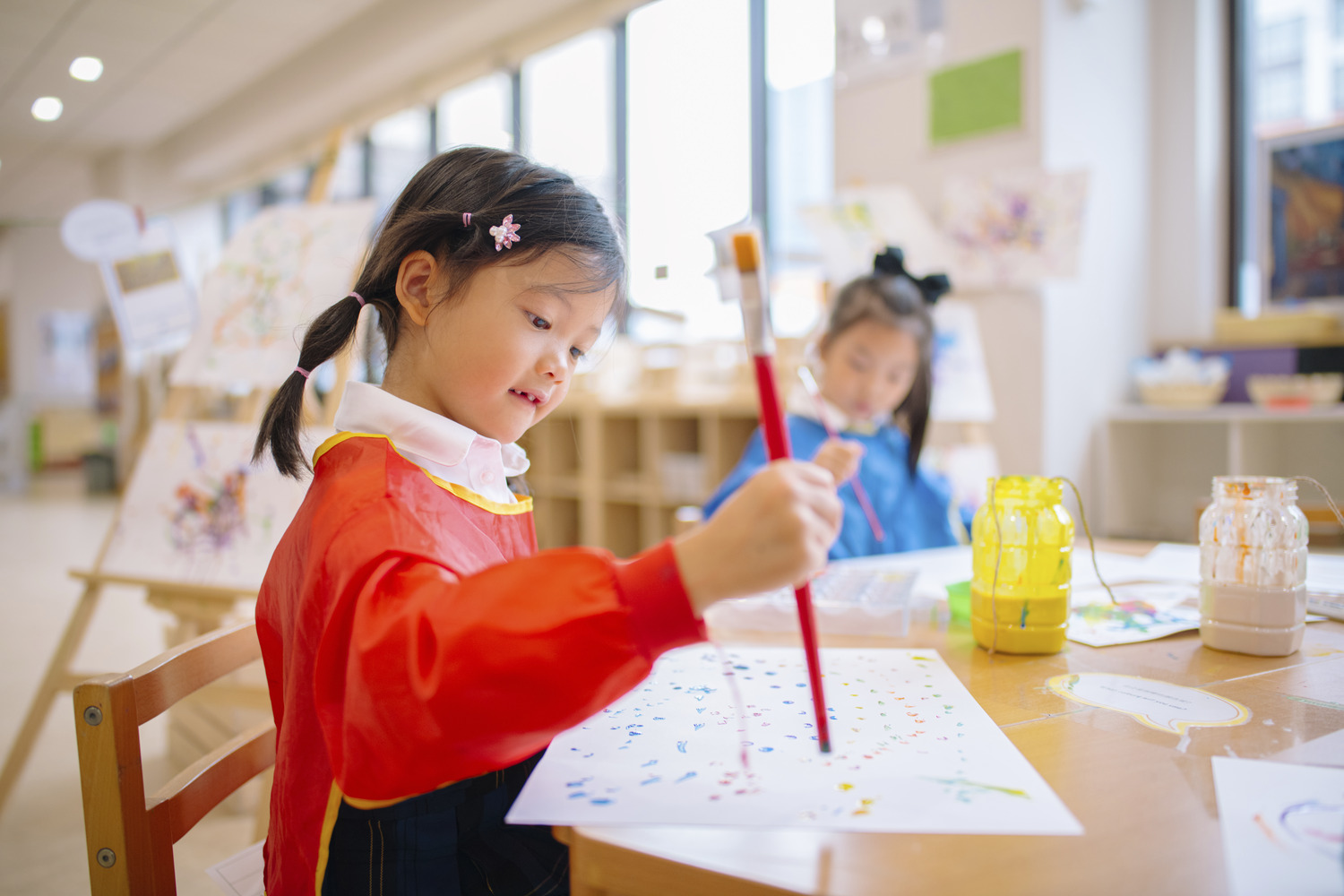
Give them a choice instead of choosing for them
All too often, parents fail to see things from the child's perspective. As a result, this can easily fall into the habit of making their children's choices for them.
The freedom to make decisions is important because it helps them identify their own interests, preferences and needs. As a result, they develop a sense of individuality and the autonomy needed to lead a productive and fulfilling life.
There are several opportunities through the day to put this into practice. For instance, try letting your child choose the clothes they want to wear instead of choosing their outfit for them. Let them decide when to use the bathroom instead of taking them to the bathroom.
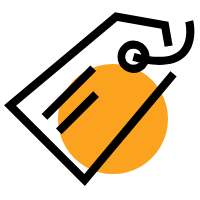
Children's PSED is a complex developmental area of learning, with different characteristics at different ages and it continues throughout their lives from early childhood. Thus, it cannot be overstated how important it is.
Attending the nursery supports the initial developmental stage of a child. It is where they foster a sense of security and transition from dependence on family and teachers to independence and autonomy as they learn to explore, communicate, express themselves and socialise with confidence. All of these lay a solid foundation for the higher stages of PSED and later academic development.